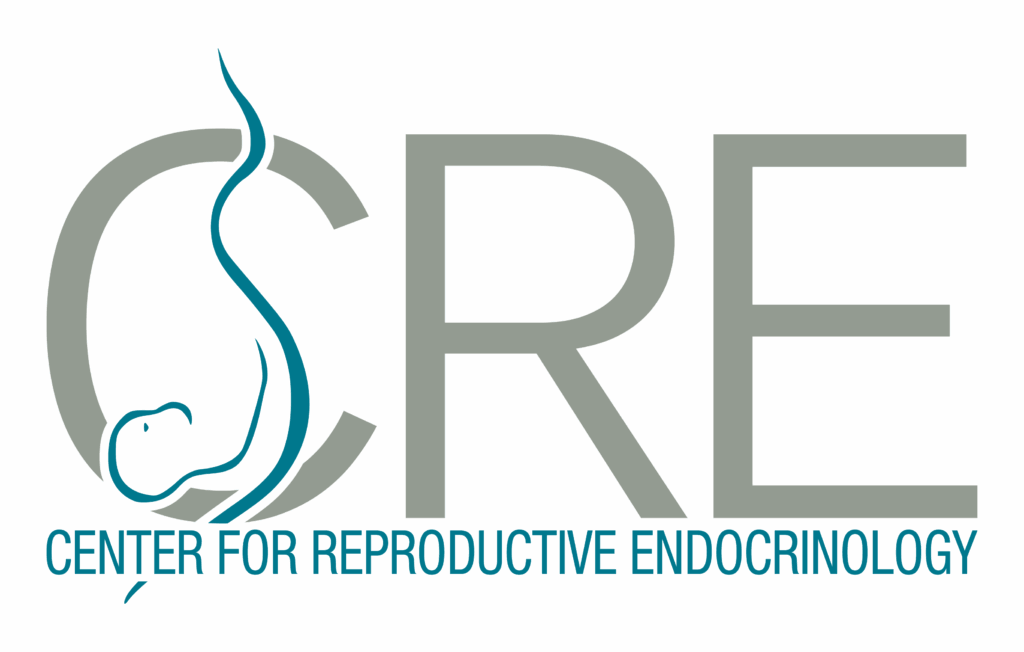Currently, 33% of lesbians and 20% of gay households have children younger than 18 living in their homes.
Most of these children were conceived from a previous heterosexual relationship.
A recent survey found that 50% of lesbian women expressed a desire to parent.
Many countries do not allow infertility treatments for same sex couples and many couples come to the US for care.
Reproductive options for same-sex couples include:
- Adoption (difficult)
- Foster care
- IVF with donor sperm
- Donor egg IVF with surrogacy for male couples
- Traditional surrogacy for male couples (not legal in most States)
- Donor IUI
- Embryo adoption
State laws vary greatly and legal consultations are important before initiating conception. This is especially important for women seeking shared maternity or men using a gestational carrier with egg donation. Each individual case should be evaluated for psychological, legal and medical issues. This is even more important for couples living outside the United States as foreign courts may not always accept their legal parentage. In Texas, because a legal surrogacy agreement requires the couple to be married, male couples may need an adoption agreement instead.
From the FDA standpoint different standards are used depending on whether the donor is male or female, and known vs. unknown (or anonymous). A known sperm donor can use fresh sperm but needs to be re-tested for infectious diseases within 7 days of using the sperm. For those using IUI, multiple donations within a week of re-testing is more convenient than multiple rounds of testing. When the sperm donor is unknown to the mother or the surrogate, the sperm has to be quarantined for 6 months and cannot be used until the sperm donor is re-tested. This can delay treatment in the context of Surrogacy through an Agency (unknown). Eggs from an unknown donor can be used fresh if she is re- tested within 30 days of the procedure. Because the definition of “known” vs. “unknown” is unclear, some surrogates may feel comfortable signing a waiver of the 6 month quarantine requirement after getting to know the biological father (sperm donor). There are no FDA requirements when donors and recipients are sexually intimate.
While reproduction for same sex couples is complex and requires a team approach, their goal of parenthood can easily be achieved when they are given the care they deserve.
Learn more Dr. Walid Saleh and CRE (previously Dallas). Read other articles from Dr. Saleh on the ABC of infertility by clicking HERE.

